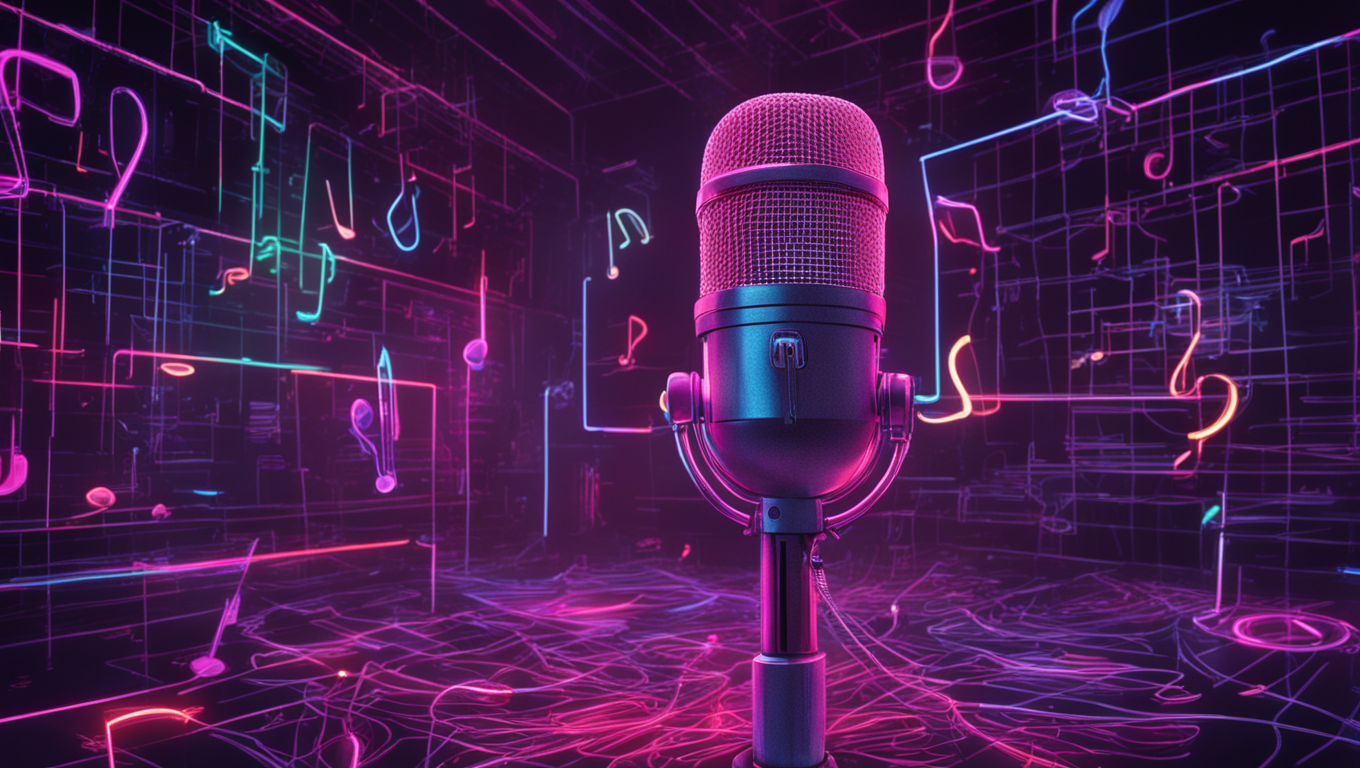Tennessee is taking a pioneering step to protect artists and songwriters from the potential threats of artificial intelligence (AI) with new legislation introduced by Governor Bill Lee. The announcement was made in the iconic RCA Studio A, a place that has witnessed the recording of legends like Dolly Parton, Willie Nelson, and Charley Pride. The legislation aims to safeguard the voices of artists and hopes to serve as a blueprint for the rest of the country.
As states and federal lawmakers grapple with the challenges of regulating AI, Tennessee aims to ensure that AI tools cannot replicate an artist’s voice without their consent. To do this, they are drawing inspiration from one of the state’s most legendary residents, Elvis Presley. After Presley’s death in 1977, there was a contentious legal battle over the unauthorized use of his name and likeness. The Tennessee Legislature responded to this by passing the Personal Rights Protection Act in 1984, which established that personality rights do not expire after death and can be inherited by others.
This legislation, initially intended to protect Presley’s estate, has been applauded for safeguarding the names, photographs, and likenesses of Tennessee’s public figures. It also redefines name, photographs, and likeness as property rights rather than rights of publicity. Currently, only two other states, New York and California, have similar protections, making it easier to seek damages in court. However, no state has yet enacted protections against vocal likeness, and with AI tools advancing rapidly, artists and creatives are pushing for stronger safeguards against AI-generated imagery, music, video, and text.
The primary goal of the legislation is to prevent AI tools from scraping an artist’s song or voice to learn and reproduce it without permission. Bart Herbison, executive director of the Nashville Songwriters Association International, underlines the importance of ensuring artists' permission and fighting for fair compensation. He observes that generative AI tools have improved significantly, progressing from composing awkward songs last February to producing moving and emotional pieces by October.
While Tennessee spearheads this initiative, other states are expected to follow suit. In California, a proposed measure aims to establish safety, privacy, and nondiscrimination standards for generative AI tools and services, potentially influencing future state contracts. Additionally, there are proposals to create a state-run research center to study AI technology further. On the federal level, the U.S. Copyright Office is considering copyright reforms in response to generative AI, while a bipartisan group of U.S. senators has introduced the No Artificial Intelligence Fake Replicas and Unauthorized Duplications Act of 2024. This legislation aims to combat AI deepfakes, voice clones, and other forms of harmful digital human impersonation.
The introduction of legislation in Tennessee marks a significant step forward in protecting and empowering artists in the face of AI advancements. By recognizing the importance of consent, fair compensation, and the preservation of artistic voices, Tennessee sets an example for other states and the nation as a whole. In an era where AI is transforming multiple industries, it is crucial to safeguard the integrity and creativity of artists, ensuring that they remain at the forefront of their own work.





Use the share button below if you liked it.